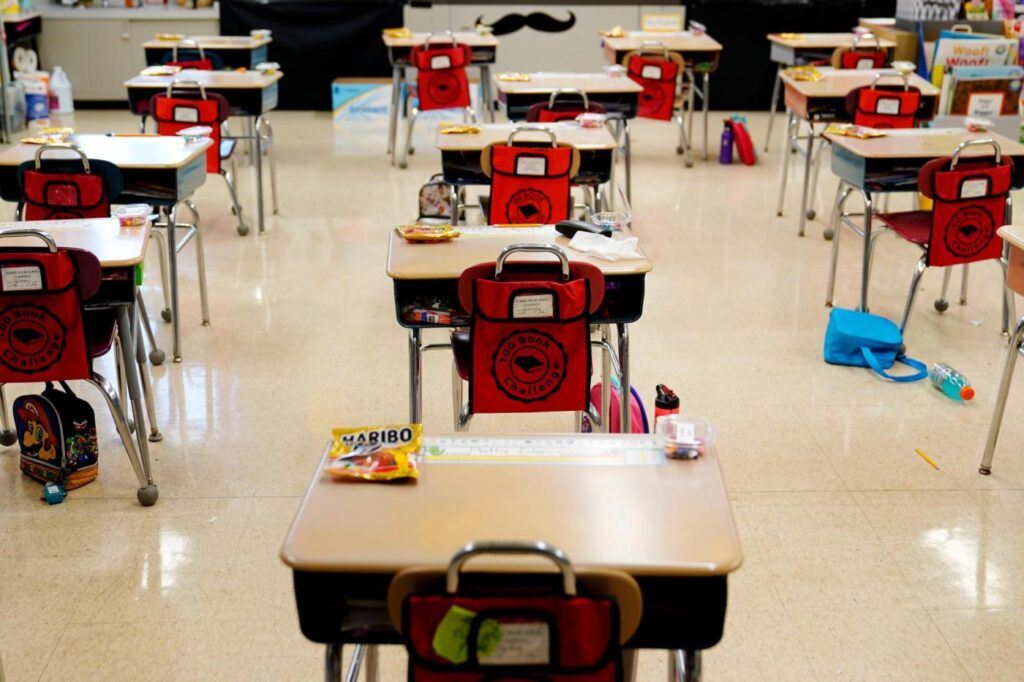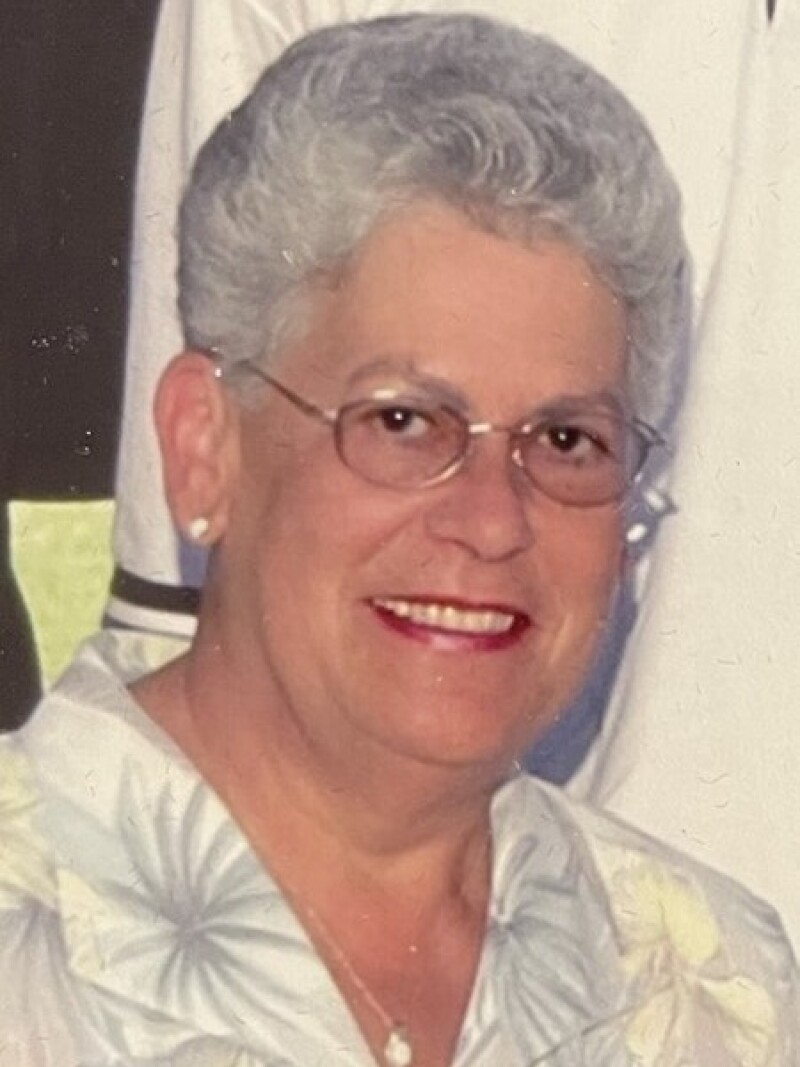
A federal court has significantly reduced the damages awarded to a New Haven teacher who alleged that school officials retaliated against her for advocating health safety during the COVID-19 pandemic. In a ruling earlier this week, U.S. District Judge Janet Bond Arterton cut the original jury verdict of $1.1 million down to $450,000 after determining that the jury’s decision was unclear regarding specific accountability for the alleged retaliation.
The case centered on Jessica Light, a teacher at the Worthington Hooker School, who had been employed for nearly 15 years. A jury found that the New Haven Board of Education and the school’s principal attempted to silence her public discussions on health safety, retaliated against her for her comments, and defamed her by falsely accusing her of leaking confidential information about COVID-19.
Judge Arterton’s ruling granted New Haven’s request for a retrial concerning Light’s allegations of retaliation for her public questioning of pandemic safety measures. The judge maintained the jury’s findings related to Light’s claims of interference with her speech rights and defamation, which had originally garnered her $450,000 in damages.
In her 57-page opinion, Judge Arterton highlighted the contentious environment surrounding the debate on in-person versus remote learning during the pandemic. She noted that the Connecticut teacher’s union, AFT Connecticut, informed its members of their First Amendment rights, encouraging educators to voice concerns about public health policies, including the risks associated with returning to in-person instruction.
Light actively participated in this discourse, voicing her concerns at various Board meetings. She believed it was her responsibility as an educator and parent to advocate for safe reopening policies. Shortly after her public remarks, Light faced criticism from school administrators, who claimed her comments reflected poorly on them and that the superintendent held them accountable for her statements.
The tension escalated when Light expressed concerns on social media about not receiving information regarding COVID-19 infections among staff members. In response, she was reprimanded for allegedly causing unnecessary fear in the community and was told she “was not operating as a good teammate.” This reprimand marked the beginning of a series of retaliatory actions against her.
During an annual evaluation, which extended well beyond the usual duration, Light’s advocacy for COVID-related safety measures was criticized. Although administrators acknowledged her right to speak out, they contended that her comments negatively impacted her professionalism. A week later, Light was confronted with rumors alleging that she had leaked a colleague’s COVID-19 diagnosis, claims that were ultimately unsubstantiated.
The subsequent fallout from her advocacy took a toll on Light’s mental health. In October 2021, she took medical leave due to what her clinician described as “Complex PTSD,” triggered by what she described as a hostile work environment. Light, who previously enjoyed strong relationships with her colleagues, reported a marked shift in dynamics, feeling increasingly isolated and “pushed out” of school activities.
By the time she returned to the classroom, the atmosphere had changed drastically. Light testified that she felt alone and unsupported, contrasting sharply with her prior experiences of camaraderie among colleagues. Eventually, she transitioned to a different school within New Haven, continuing her career but marked by the challenges and trauma she faced during the pandemic.
This case underscores the complexities educators navigate when addressing public health concerns amidst unprecedented circumstances. The ruling presents a significant moment in discussions surrounding the balance between professional duties and personal advocacy, particularly in the context of a crisis that has fundamentally altered the landscape of education.






